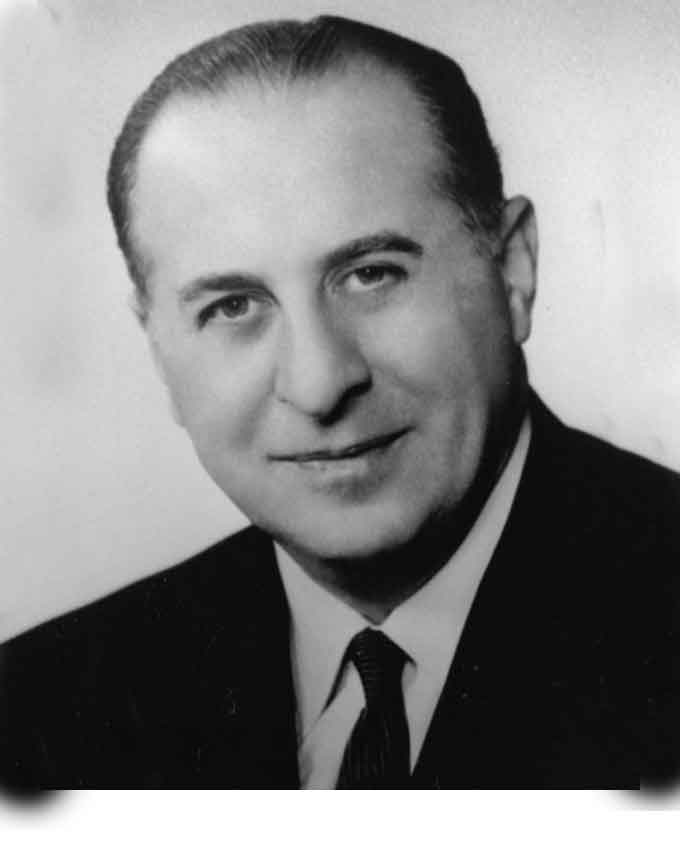Arthur Taubman was raised in Astoria, New York, on the Lower East Side. He left school at the age of 13 and worked as a department store stock boy to provide for his family of Austrian-Hungarian immigrants of Jewish ancestry. While still a teenager, Arthur Taubman enlisted in the US Navy during World War I. He worked with one of his brothers selling auto parts headquartered in Pittsburgh, Pennsylvania. The chain operated stores as far north as Boston and as far south as Washington, DC. However, the Great Depression wiped out the family’s holdings. In 1932 he heard of a three-store auto parts company in Roanoke, Virginia that was for sale. “In order to help him raise the down payment to buy the chain, his wife Grace offered her wedding ring, which he then pawned along with his own Masonic ring.” The company, purchased in April 1932 from the Pep Boys, became Advance Auto Parts.
Although he did not have much of a formal education, he read books and applied his business sense to turn the company around and to be successful. “According to company lore he ran Advance by following a four-point philosophy: provide value to customers; earn a reputation for honesty and integrity; ensure repeat business by providing quality merchandise and good customer service; and treat employees like family.”
He opened at least one store every year except during World War II, and his company was one of the first nationally to give employees fringe benefits. The chain now has 372 stores. Taubman moved from president to chairman in 1969 and retired to Boca Raton in 1973. He stepped down to vice chairman in 1985.
His life also was marked by his attention to charitable and humanitarian causes. After Nazi Germany overran most of Europe in World War II, Jewish refugees trying to escape to the United States required a relative in America willing to sign an affidavit promising financial support. Taubman signed about 500 such affidavits, indicating that each applicant was a first cousin. Questioned by government investigators about the number of his relatives, Taubman replied that any Jew whose life was endangered was his first cousin.
During the same period, Taubman founded an organization for acquiring tire and other rubber products from American manufacturers for distribution through chains like Advance Stores. Today that company is TBC Corp., and its publicly traded stock is listed on the Nasdaq over-the-counter exchange. Taubman was president from its founding in 1948 until 1980.
In Roanoke, Taubman in 1966 received the first brotherhood award of the National Conference of Christians and Jews. He was a member of the Committee of 12, an informal group that worked behind the scenes for peaceful integration of public facilities starting in 1960. He was chairman of the Roanoke Valley United Negro College Fund.
Taubman was a founding member of the Roanoke Symphony and of United Way’s predecessor in the Roanoke Valley. He joined the board of First National Exchange Bank and in 1965 became a charter director of its successor, Dominion Bankshares Corp. He was a past president of Temple Emanuel, a member of Beth Israel Synagogue and a director of the Virginia Chamber of Commerce, Roanoke Memorial Hospital and North Cross School. A former member of the board of delegates of the American Jewish Committee, Taubman was listed in Who’s Who in World Jewery. He was state president of B’nai B’rith and Roanoke Valley chairman of the United Jewish Appeal.
He was inducted into the Southwest Virginia Business Hall of Fame in April 1992 and died in March 1994 at his home in Boca Raton, Florida.
Arthur Taubman was inducted into the Southwest Virginia Business Hall of Fame in 1992.

